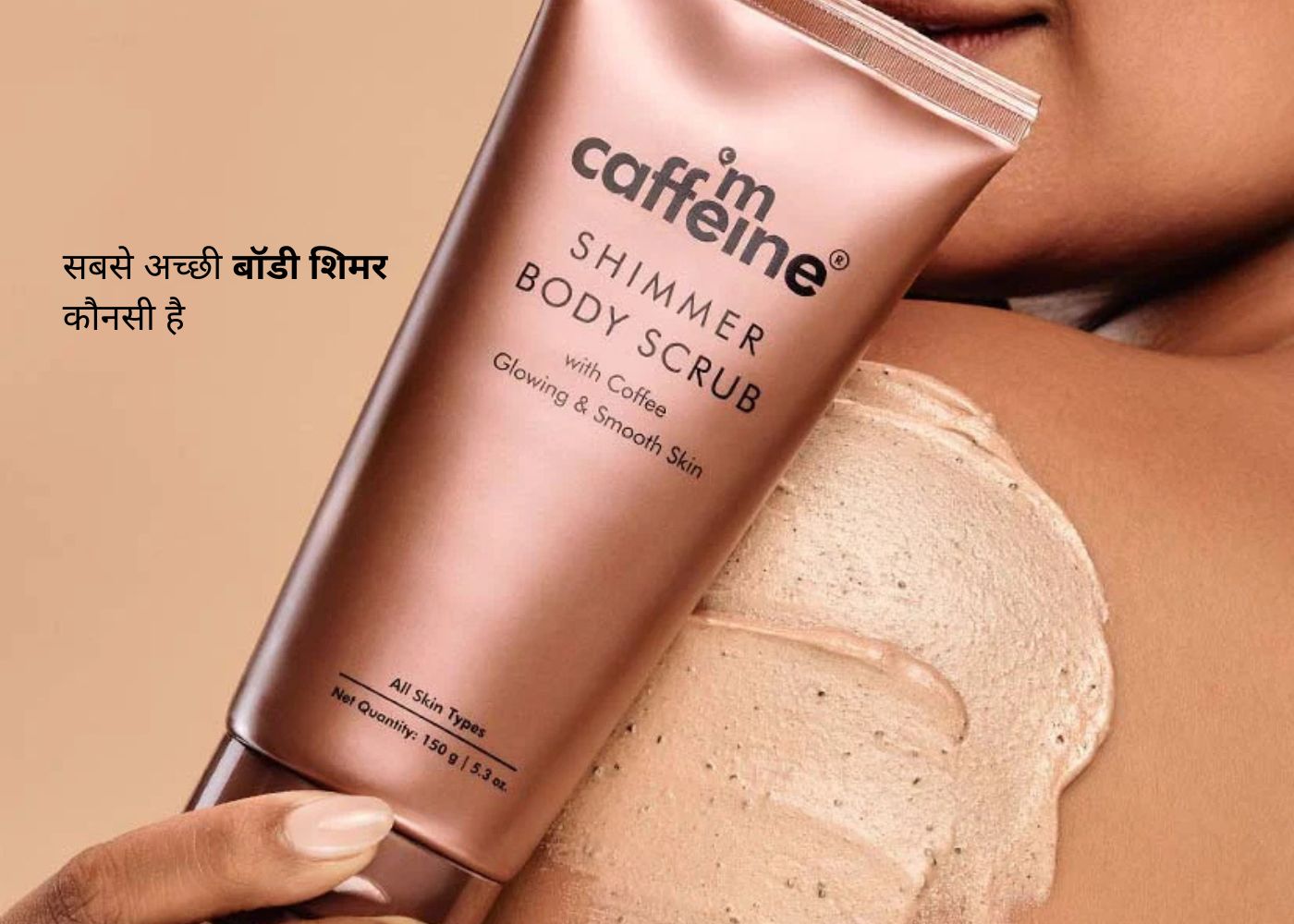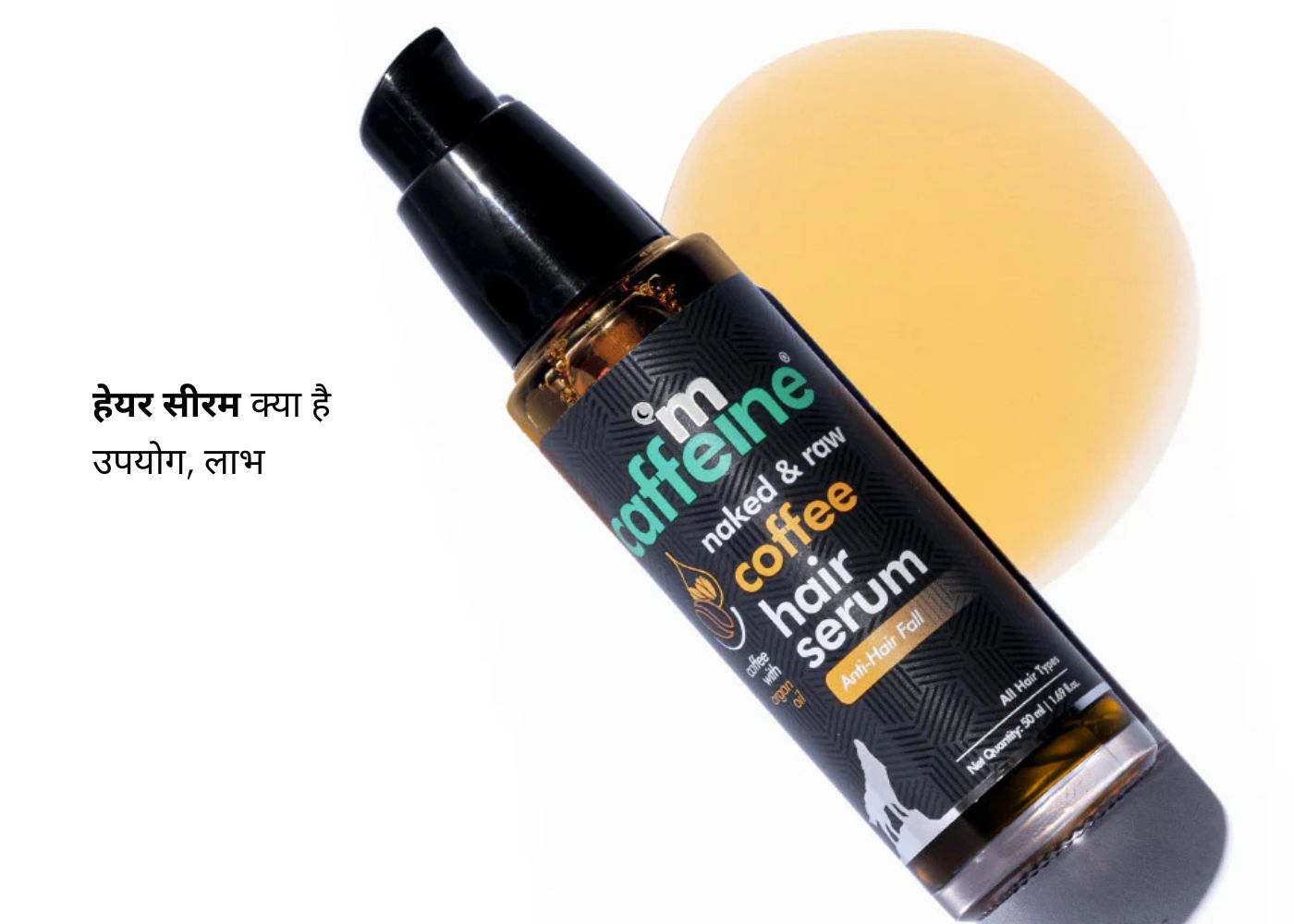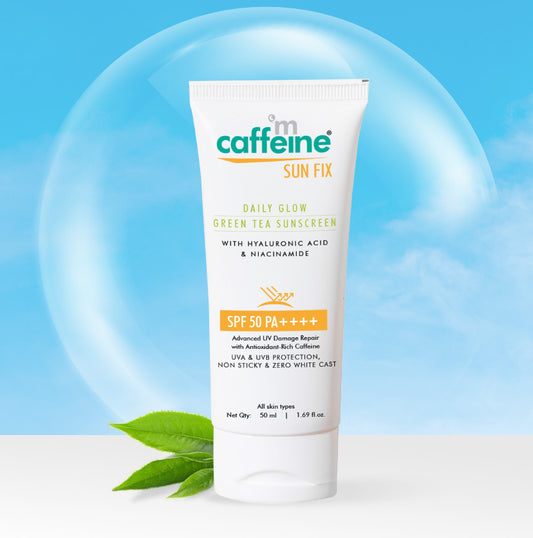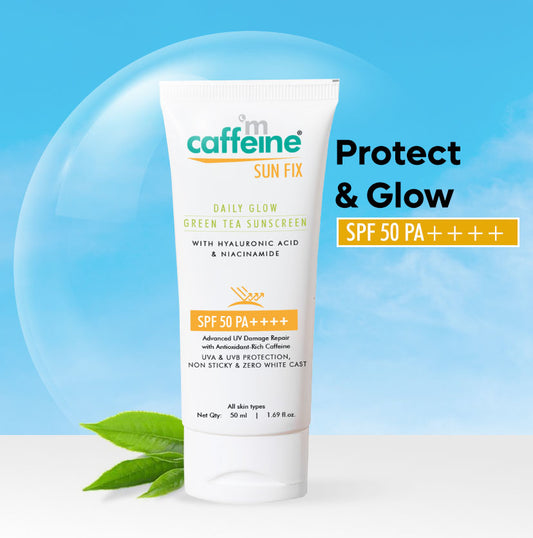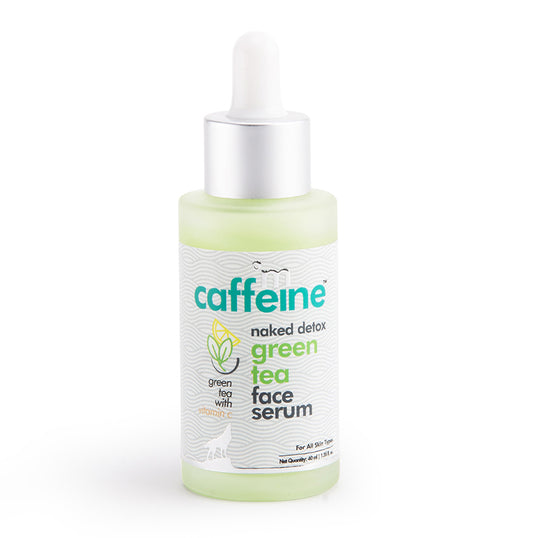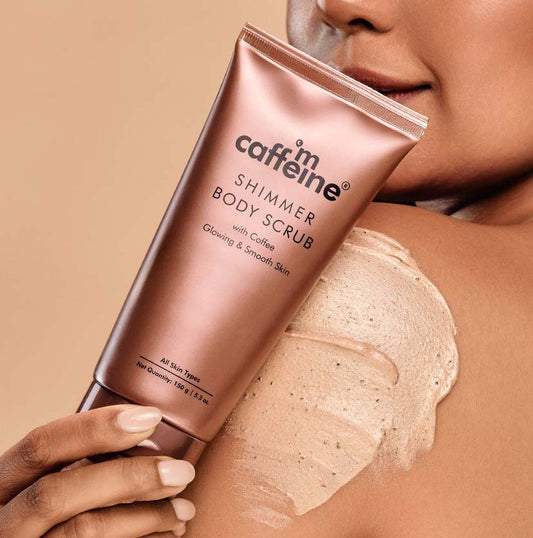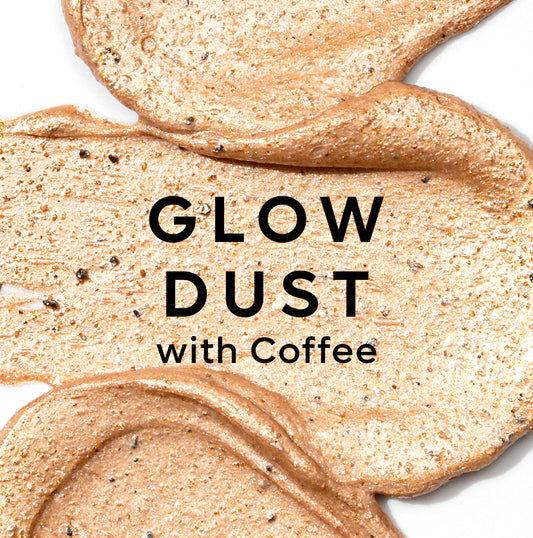Can You Use Body Scrub on Your Face
05 May 2025
Picture this: you're in the shower, your favorite body scrub in hand, and you start thinking – "could I just use this on my face too?" It's a thought that's crossed many minds (including mine!). Using the same product for both body and face seems convenient and cost-effective. But is it actually safe? Can you use body scrub on your face without consequences? This question pops up frequently in skincare communities, and for good reason.
When you're trying to streamline your routine or you've run out of your facial exfoliator, it's tempting to reach for that tub of body scrub. But before you do, let's dive into why this seemingly innocent swap might not be the best idea for your delicate facial skin.
Face Skin vs. Body Skin: The Real Deal
First things first – your gorgeous face and your beautiful body are different beasts when it comes to skin.
|
Feature |
Face Skin |
Body Skin |
|
Thickness |
Up to 5x thinner than body skin |
Thicker and more resilient |
|
Sensitivity |
More sensitive and reactive |
Less sensitive to products |
|
Exposure |
Exposed to sun, pollution, and environmental stress |
Usually more protected |
|
Oil Glands |
Contains more oil glands |
Fewer oil glands |
|
Exfoliation Tolerance |
Needs gentle exfoliation |
Can handle more intense exfoliation |
|
Visibility |
The most visible part of your skin |
Usually covered, less immediately noticeable |
Body Scrub vs. Face Scrub: Understanding the Crucial Differences
To answer the burning question — "can I use body scrub on face?" — we first need to understand how these products fundamentally differ.
Formula Differences:
Body Scrubs:
-
Contain larger, coarser exfoliating particles
-
Usually more abrasive to handle thicker skin on the body
-
Often have higher concentrations of oils and butters
-
Designed for skin that's 3-5 times thicker than facial skin
Face Scrubs:
-
Feature finer, gentler exfoliating particles
-
Specifically formulated for delicate facial skin
-
Typically contain additional skin-nourishing ingredients
-
Created with facial skin concerns in mind (acne, blackheads, etc.)
Think of it this way: using a body scrub on your face is like using sandpaper where you need fine-grain polish. Your body skin can handle that rougher exfoliation because it's naturally thicker and more resilient.
Why Using Body Scrubs on Your Face Is Risky
If you're still wondering "is body scrub OK for your face?", consider these specific disadvantages:
1. Micro-tears and Long-term Damage
The coarse particles in body scrubs can create microscopic tears in facial skin. While invisible to the naked eye, these tears weaken your skin barrier over time, leading to:
-
Increased sensitivity
-
Greater susceptibility to irritants
-
Accelerated aging
-
Uneven skin texture
2. Disruption of Natural Oil Balance
Body scrubs often contain stronger surfactants and detergents to clean body skin. On facial skin, these can:
-
Strip away beneficial natural oils
-
Trigger overproduction of sebum as compensation
-
Create a cycle of dryness followed by oiliness
-
Potentially worsen acne conditions
3. pH Imbalance Issues
Your facial skin has a delicately balanced pH level (ideally around 5.5). Body scrubs might:
-
Have a more alkaline pH suitable for body skin
-
Disrupt your face's natural acid mantle
-
Create an environment where harmful bacteria thrive
-
Lead to increased breakouts and irritation
4. Clogged Pores from Heavy Ingredients
Many body scrubs contain rich butters and oils that:
-
May be too heavy for facial skin
-
Can clog facial pores more easily
-
Might trigger breakouts in acne-prone skin
-
Often contain fragrances that irritate sensitive facial skin
How to Choose the Right Face Scrub for Your Skin Type
With the question "can we use body scrub on face" firmly answered with a "no," let's focus on selecting the perfect face scrub instead:
For Oily/Acne-Prone Skin:
Look for scrubs with:
-
Coffee or green tea
-
Salicylic acid
-
Tea tree oil
-
Lighter, non-comedogenic formulations
For Dry/Sensitive Skin:
Choose scrubs featuring:
-
Finer exfoliating particles
-
Hydrating ingredients like hyaluronic acid
-
Soothing components such as aloe vera
-
Moisturizing oils like argan
For Combination Skin:
Opt for balanced formulas with:
-
Moderate exfoliation
-
Adaptable ingredients like niacinamide
-
Oil-controlling and hydrating properties
-
Natural exfoliants
For Mature Skin:
Seek out scrubs containing:
-
Antioxidant-rich ingredients (coffee is excellent for this!)
-
Gentle exfoliating particles
-
Collagen-supporting compounds
-
Moisturizing and firming elements
The Proper Way to Exfoliate Your Face
Step 1: Cleanse First
Always begin with thoroughly cleansed skin before exfoliating. This essential first step removes surface impurities, oils, and makeup that could otherwise be pushed deeper into your pores during the exfoliation process. Using coffee face wash creates the perfect clean canvas while the gentle caffeine-infused formula helps prepare your skin for exfoliation.
Step 2: Apply Properly
Take a small, pea-sized amount of your face scrub—using too much product doesn't improve results and wastes your precious skincare. Add a few drops of water to create a spreadable paste with just the right consistency. The water helps activate the exfoliating ingredients while making the product easier to distribute evenly.
Focus special attention on areas prone to congestion like your T-zone (forehead, nose, and chin) where oil production and dead skin cells tend to accumulate more heavily. Keep your exfoliation time to just 30-60 seconds total—longer doesn't mean better results and can actually damage your skin barrier.
Step 3: Rinse Thoroughly
After exfoliating for the appropriate amount of time, rinse your face completely with lukewarm water—never hot water, which can trigger redness and irritation on freshly exfoliated skin. Take extra care to remove all scrub particles, especially around the hairline, eyebrows, and nose creases where product can easily hide.
Frequency Guidelines:
-
Normal skin: 1-2 times per week
-
Oily skin: 2-3 times per week
-
Dry/sensitive skin: Once a week or less
-
Mature skin: 1-2 times per week
Conclusion
So, can you use body scrub on your face? The evidence clearly points to "no" in most cases. While it might seem convenient, the disadvantages of using body scrubs on facial skin far outweigh any short-term benefits. Your face deserves specialized care tailored to its unique needs. mCaffeine's face scrubs offer the perfect solution – gentle yet effective exfoliation powered by the natural benefits of caffeine. Our scientifically formulated products consider the delicate nature of facial skin while still delivering powerful results.
FAQs
Q1: Is body scrub OK for your face?
No, body scrubs are not recommended for facial use. They contain larger, coarser exfoliating particles designed for thicker body skin, and their stronger formulations can cause irritation, micro-tears, and breakouts when used on the more delicate facial skin.
Q2: Can you use scrubs on your face?
Yes, but only scrubs specifically formulated for facial use. Face scrubs contain finer particles and gentler ingredients designed for the thinner, more sensitive skin on your face, and they're formulated to address facial skin concerns like blackheads and uneven tone.
Q3: Can I use a homemade body scrub on my face?
Most homemade body scrubs are too harsh for facial skin. If you're making a DIY facial scrub, use only fine, gentle ingredients like finely ground oatmeal, honey, or yogurt, and avoid coarse exfoliants like large sugar crystals or salt that can damage delicate facial skin.
Q4: What are the disadvantages of using body scrubs on your face?
Using body scrubs on your face can cause micro-tears in your skin barrier, excessive dryness, clogged pores leading to breakouts, increased sensitivity, and potentially even hyperpigmentation. The heavier oils in body scrubs can overwhelm facial skin, while the larger exfoliating particles can create invisible damage.
Q5: How often should I exfoliate my face with a proper face scrub?
Exfoliation frequency depends on your skin type: normal skin benefits from 1-2 times weekly, oily skin can handle 2-3 times weekly, while dry/sensitive and mature skin should limit to once weekly or less. Always listen to your skin—if you notice irritation or redness, reduce frequency immediately.
